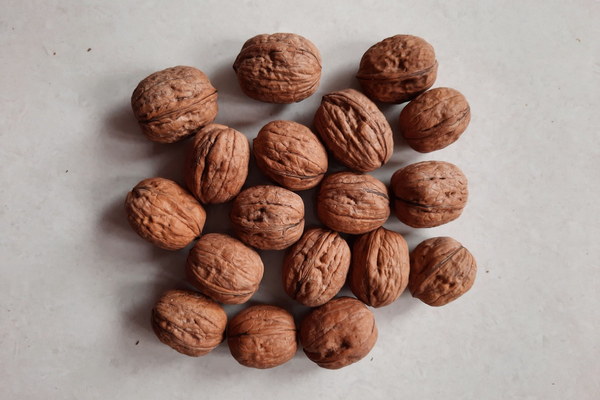Nourishing the Stomach A Comprehensive Guide to Gastrointestinal Health for Seniors Over 80
As we age, our bodies undergo numerous changes, and one of the most significant shifts is the decline in digestive function. For individuals over 80, maintaining a healthy stomach becomes even more crucial, as it directly impacts overall well-being and quality of life. This article aims to provide a comprehensive guide to gastrointestinal health for seniors over 80, offering valuable insights and practical tips to nourish their stomachs and promote longevity.
Understanding the Aging Stomach
As we age, the stomach's ability to produce digestive enzymes and acids decreases, leading to a slower digestion process. This can result in discomfort, bloating, constipation, and other gastrointestinal issues. Additionally, the aging stomach may become more sensitive to certain foods, which can further exacerbate these problems.
Key Principles for Maintaining a Healthy Stomach
1. Balanced Diet: A well-balanced diet rich in fruits, vegetables, whole grains, lean proteins, and healthy fats is essential for gastrointestinal health. These foods provide essential nutrients and fiber, which aid in digestion and prevent constipation.
2. Hydration: Adequate hydration is crucial for maintaining a healthy stomach. Water helps to keep the digestive system moving and prevents constipation. Seniors should aim to drink at least 8 glasses of water daily.
3. Small, Frequent Meals: Eating small, frequent meals can help prevent overburdening the stomach and reduce the risk of heartburn and indigestion. Seniors should aim to have 5-6 small meals a day, rather than 3 large meals.
4. Moderation: Avoiding excessive intake of spicy, fatty, or acidic foods is essential for seniors with sensitive stomachs. These foods can irritate the stomach lining and cause discomfort.
5. Probiotics: Probiotics, found in yogurt and fermented foods, promote a healthy gut flora and can help improve digestion and reduce the risk of gastrointestinal infections.
6. Regular Exercise: Regular physical activity can improve digestion and reduce the risk of constipation. Seniors should aim for at least 150 minutes of moderate exercise each week.

7. Stress Management: Chronic stress can lead to gastrointestinal issues. Seniors should engage in stress-reducing activities, such as meditation, deep breathing exercises, or gentle yoga.
Specific Foods and Supplements for Gastrointestinal Health
1. Fiber-Rich Foods: Foods high in fiber, such as apples, pears, carrots, and whole grains, can help prevent constipation and improve digestion.
2. Prebiotic-Rich Foods: Prebiotic foods, such as bananas, garlic, and onions, provide food for the beneficial gut bacteria, promoting a healthy gut flora.
3. Digestive Enzymes: Supplements containing digestive enzymes can help improve digestion and reduce discomfort in seniors with low stomach acid production.
4. Omega-3 Fatty Acids: Foods rich in omega-3 fatty acids, such as fish, flaxseeds, and walnuts, can help reduce inflammation and improve gastrointestinal health.
Conclusion
Maintaining a healthy stomach is essential for seniors over 80, as it directly impacts their overall well-being. By following the principles outlined in this article, seniors can nourish their stomachs, reduce gastrointestinal discomfort, and improve their quality of life. Remember, consulting with healthcare professionals is crucial when making dietary and lifestyle changes, especially for individuals with existing health conditions.









